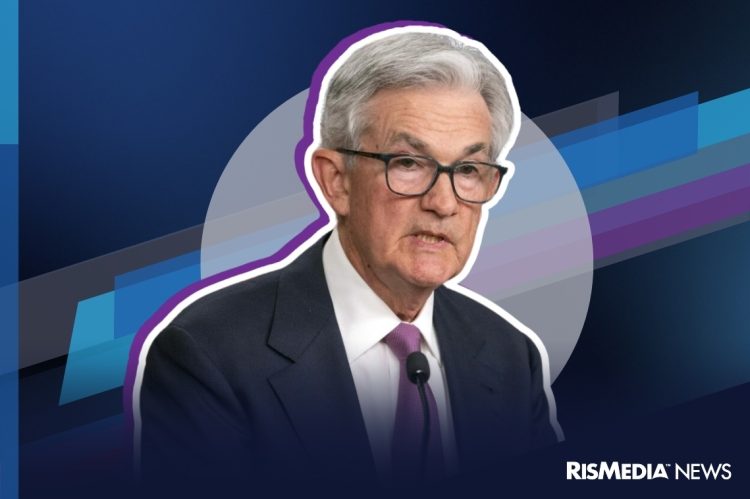Despite the uncertainty surrounding the length of the government shutdown and its ongoing effects, Federal Reserve Chair Jerome Powell yesterday highlighted concerns over employment data as all eyes are on the Federal Open Market Committee (FOMC) and a potential interest rate cut ahead of their next meeting Oct. 28-29.
In a speech at the National Association for Business Economics (NABE) annual meeting, Powell said that even without a current jobs report, it is “fair to say that the outlook for employment and inflation does not appear to have changed much since our September meeting four weeks ago.”
He added that the “downside risks to employment appear to have risen” in the time without a new jobs report.
Many in the industry and beyond, especially in the Trump administration, have been awaiting further rate cuts since the first 0.25% cut of 2025 was handed down in September. Continuing downtrends in the labor market would produce a need for further cuts, as both economists and Fed members have noted.
During a Q&A after his speech, moderator and NABE President Emily Kolinski Morris asked Powell—based on audience submitted questions—if the Fed would ever make moves to address mortgage rates or affordability for housing, with Powell answering that this approach to the economy is “not what we do.”
“Look, we look at overall inflation, and we don’t target housing prices. I don’t know how you would; we would certainly not engage in mortgage backed security purchases as a way of addressing mortgage rates or housing directly.”
Speaking more generally about the economy, Powell noted that as the state of affairs comes “more into balance… policy should move from being tight to some degree to being more neutral.”
He also said that the FOMC will, as always, have to carefully make their choices concerning cuts, as there is “no risk-free path.”
“It is clear though that if we move too quickly, then we may leave the inflation job unfinished and have to come back later and finish it,” he continued. “If we move too slowly, there may be unnecessary losses, painful losses in the employment market. We’re in the difficult situation of balancing those two things.”
On another front, the Fed has taken note of the ever growing trend of AI, as Powell said they “have people at the Fed who are doing lots and lots of research on AI.”
“I think we’re pretty aware of what the potential outcomes are, but the range of potential outcomes is very broad,” he added. “We can’t address the potential societal disruptions that could happen potentially if there’s really significant job loss. There are potentially really significant implications for people in the labor force, and I think we are all speculating about what those might be. But, it’s only the beginning of this story.”












